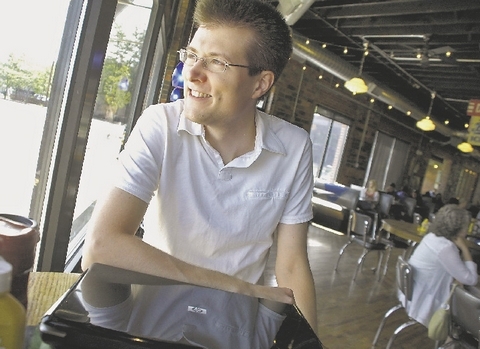Freelancing has a lot of ups and downs. But for the most part, the highs are higher than a typical day job, and the lows aren’t quite as low.
What do I love most about freelancing?
- The freedom. It’s a totally different way of life. It’s a totally different approach to each day. Instead of getting up too early to go somewhere you don’t want to go and do things you don’t want to do, you can structure each day as you see fit. You can take a break when you want. You can go to a long lunch with a friend or your child’s doctor appointment without asking permission. You can pursue new opportunities or ideas to build your business and chart your own course. I’m still not completely used to this – it’s amazing.
- Winning new business. Such a rush! Every time I win a new freelance project I feel like an NBA draft pick. I love the thrill of the chase, building new relationships, proving myself to new clients, learning about new businesses and new subjects.
- Repeat business. Getting repeat business from loyal clients is like having the wind at your back. I already know the client, we already trust each other, I already know the requirements and particular details that are important to them.
- Being “almost” too busy. I love having a full slate of work. I love looking at the clock and realizing that the day has flown by and I don’t know quite how I’m going to manage to get everything done.
- Helping people. I enjoy just the basic act of helping someone get something done. People hire freelancers and consultants when they have a project that they can’t get done by themselves, or when they need some fresh thinking or outside perspective, or when they need someone else’s skills that will free them up to work on what they do best. I enjoy doing my part to make a difference on each project.
- Making money. Being self-employed is so rewarding because you really see the link between effort and results – if you work extra hours on the weekend, you get more money. If you’re smart about managing your time and you’re productive all week, you can take an extra half-day off on Friday. It’s fun when projects go smoothly and clients are happy and bills are getting paid on time, and all of a sudden you see the money start piling up. All while having fun and having full control over how you spend your day.
